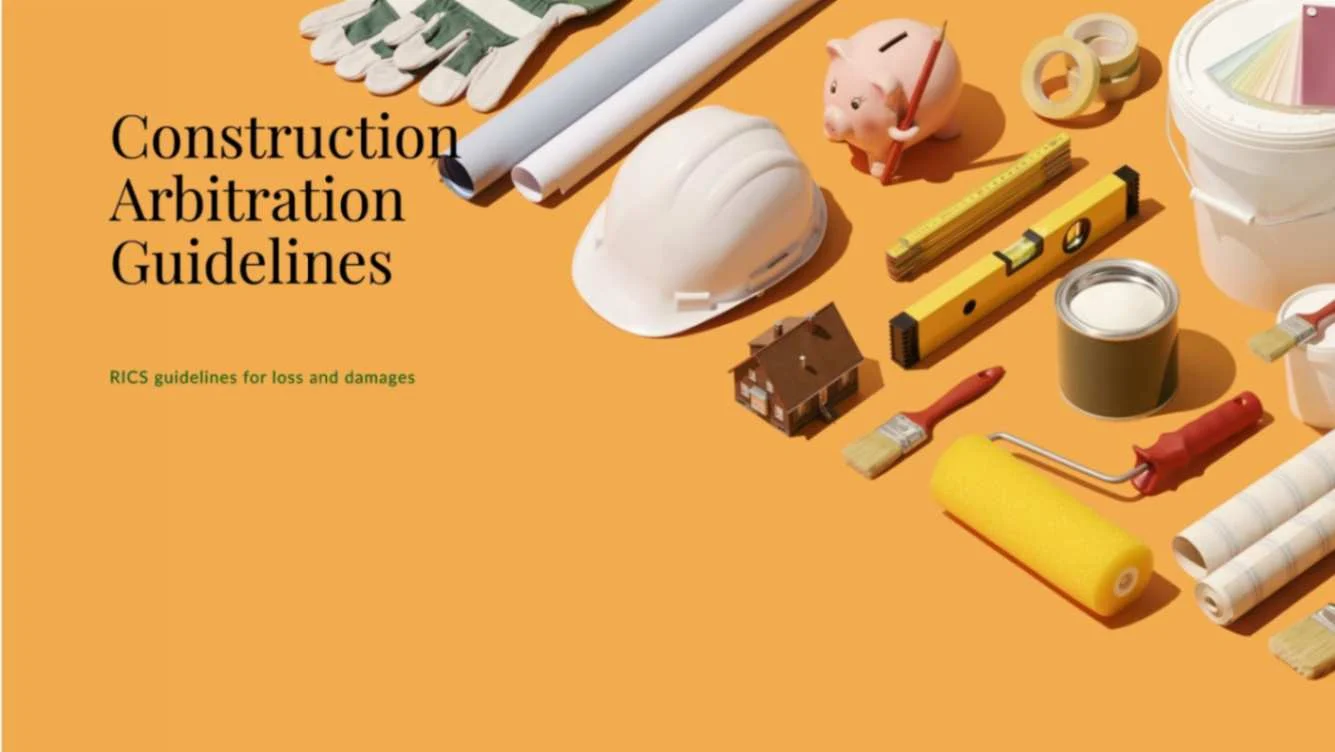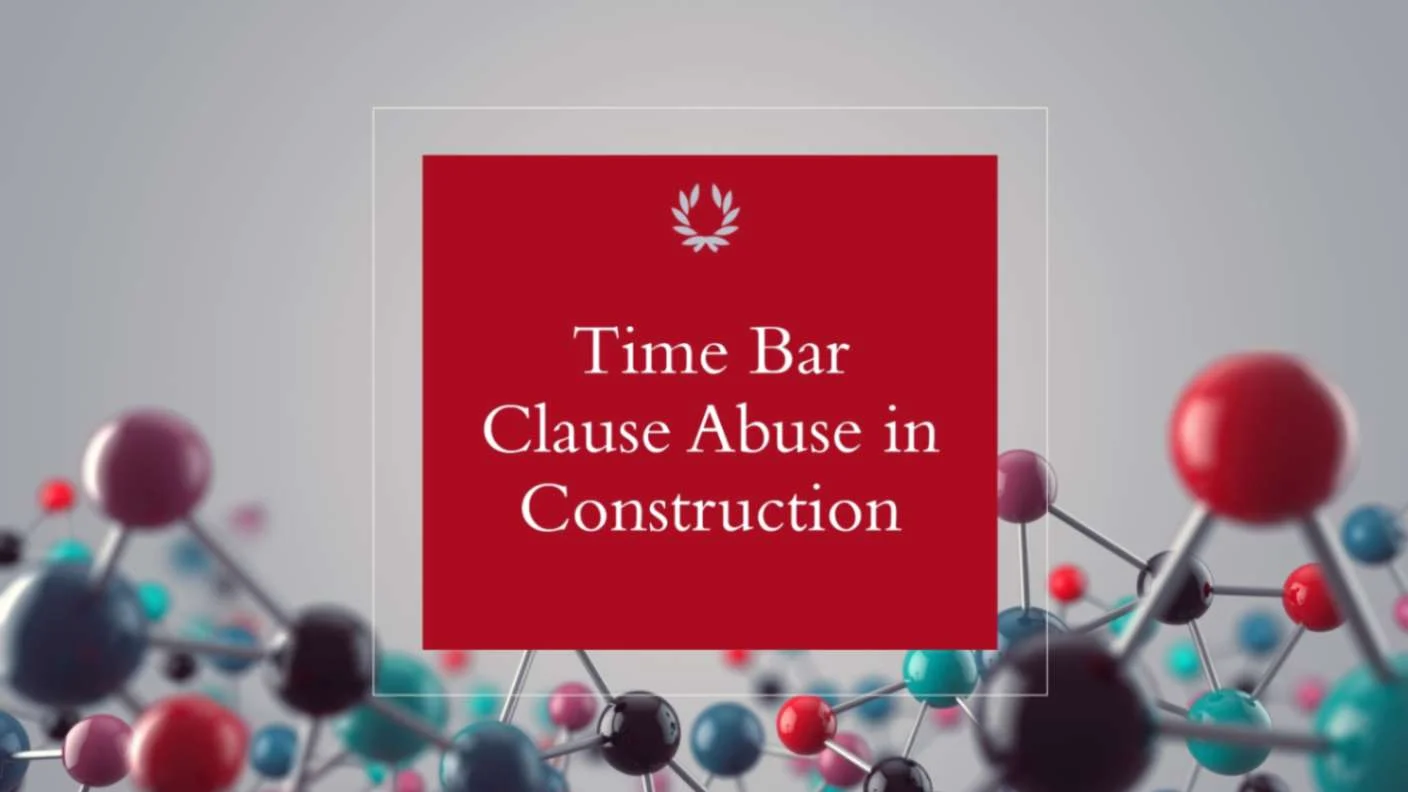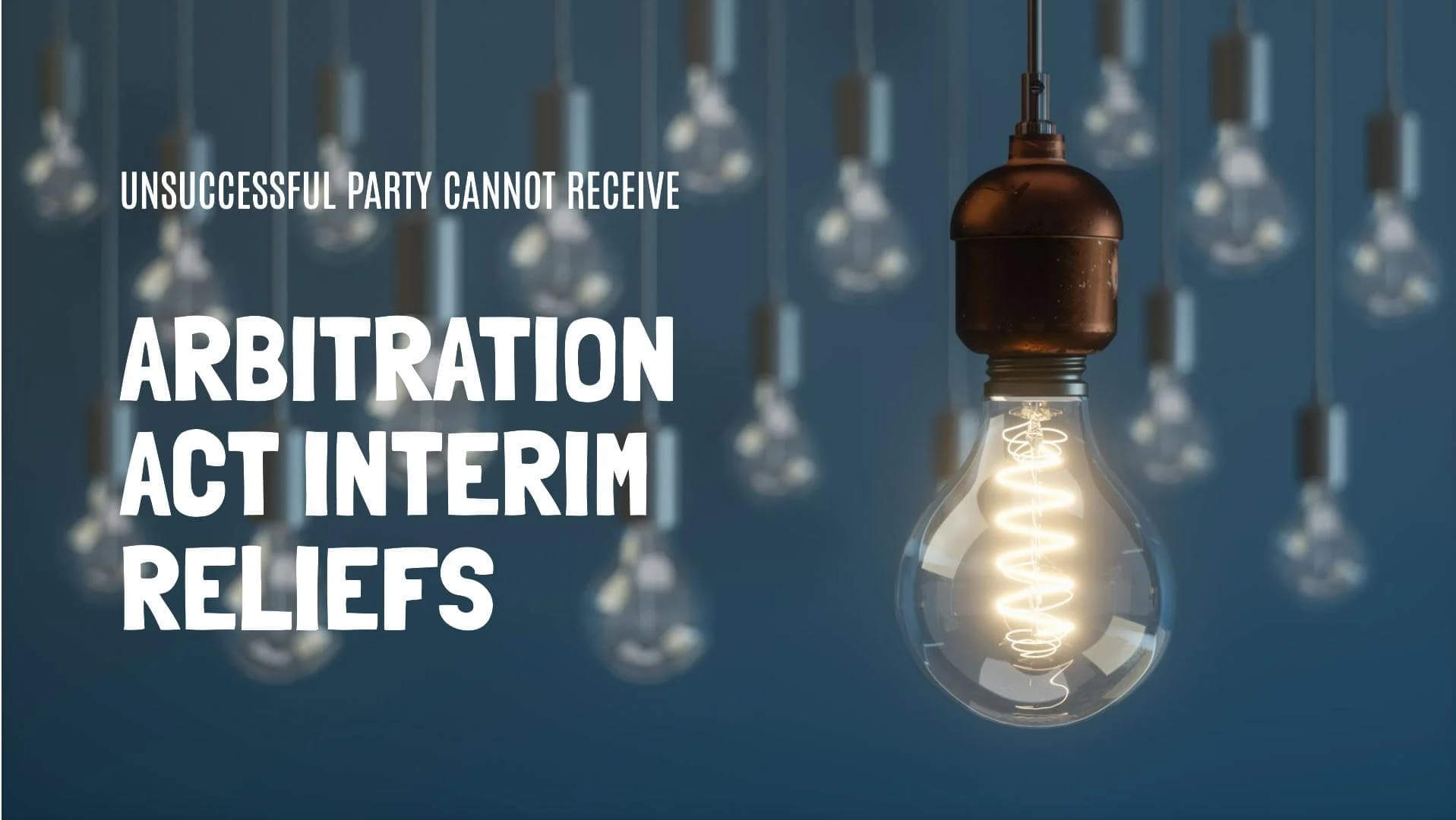👉Construction and energy sector disputes undeniably dominate international arbitration both in number and value, with the highest value arbitral awards arising from arbitrations in these fields.
👉Disputes in the energy sector present a range of challenges for stakeholders in the industry. Such challenges can be particularly significant given the inherent complexity of disputes in the sector and the financial (and frequently, political) consequences of delay and disruption in production.
👉Construction disputes arising within the energy sector often result from many of the common issues that arise in large construction projects more generally, including claims relating to time and delay, defect, quality and performance, and payment and variation disputes.
👉In addition to the typical construction issues, energy sector construction disputes also regularly feature attendant disputes arising out of either the integrated nature of such projects or the nature of the end product.
👉The owner of a delayed power plant project, for example, will doubtless face penalties under its offtake arrangements for delayed power production. Furthermore, defective work, particularly in offshore and undersea operations, is likely to carry the real risk of regulatory and environmental consequences for the owner.
👉Commissioning and start-up and operation and maintenance
Following construction is the critical phase of commissioning and start-up. It is during this phase that risks associated with materials, workmanship and quality tend to arise.
Issues beyond employer–contractor disputes
👉Construction disputes in the energy sector can also be at the mercy of international and domestic politics, primarily as a by-product of the importance of natural resources to sovereign and other international actors. Determining entitlement to natural resources often requires recourse to international law, as many reserves lie in areas to which claims of ownership are disputed.
👉Energy sector disputes are the pinnacle of construction and engineering disputes in terms of complexity, commerciality, political intervention and persuasion. Generally, when energy sector construction projects go wrong, there is the potential for massive, headline-grabbing disputes that need to be approached with specialist knowledge of the industry, the players and the political environment.
👉Every design error, or badly welded joint, risks leading to a cascade of claims. The allocation of the risk of such claims as between the owner and contractor, and as between the contractor and subcontractor, will be key to the issue of who is dragged into the fight, and who will be left carrying the can – and that is before the impact of third-party interventions from states, public interest groups and other concerned parties is felt. – courtesy GAR
#construction #law #environment















